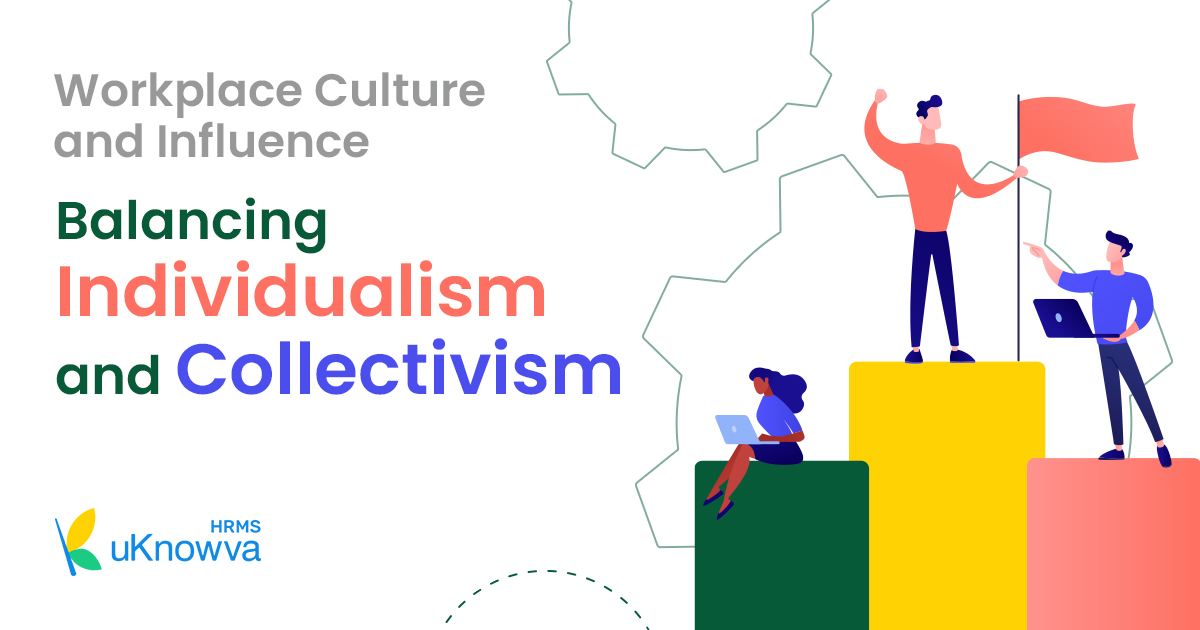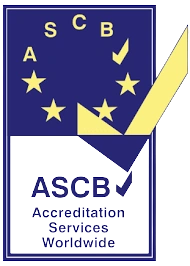Table of Content
- Introduction
- The Importance of Workplace Culture in Employee Engagement
- Balancing Individualism and Teamwork for Success
- How Leaders Influence Workplace Culture Positively
- Strategies for Building a Collaborative Work Environment
- The Role of HR in Building a Positive Workplace Culture
- Conclusion
- FAQs on Workplace Culture and Influence: Balancing Individualism and Collectivism
Introduction
Workplace culture and influence is crucial in shaping employee experiences, driving engagement, and influencing business success.
Organisations today face the challenge of balancing individualism and teamwork to create a harmonious environment where both personal and collective contributions are valued.
Striking the right balance fosters innovation, collaboration, and productivity.
This blog explores the significance of workplace culture, the dynamics of individualism and teamwork, the role of leadership, and effective workplace collaboration techniques that organisations can implement to ensure a thriving workforce.

The Importance of Workplace Culture in Employee Engagement
Workplace culture is the shared values, beliefs, and behaviors that define an organisation. It sets the tone for how employees interact, work together, and contribute to business goals.
A positive workplace culture directly impacts employee engagement, which in turn influences productivity, retention, and overall job satisfaction.
An engaged workforce feels connected to the company’s mission and motivated to perform at their best.
Employee engagement strategies such as recognition programs, career development opportunities, and transparent communication reinforce a strong workplace culture.
When employees feel valued and aligned with the company’s vision, they are more likely to collaborate effectively and contribute meaningfully.
However, challenges arise when workplace culture leans too heavily toward either extreme—excessive individualism can lead to competition and siloed work, while an overly collectivist approach may suppress creativity and personal growth.
Organisations must strike a balance to maintain a dynamic and engaging work environment.
Balancing Individualism and Teamwork for Success
Balancing individualism and teamwork is essential for a productive and harmonious workplace.
While individualism encourages autonomy, creativity, and personal accountability, teamwork fosters cooperation, shared responsibility, and collective problem-solving.
The Benefits of Individualism:
- Encourages innovation and independent thinking.
- Promotes personal accountability and ownership of tasks.
- Allows employees to develop specialised skills and expertise.
The Benefits of Teamwork:
- Enhances collaboration and knowledge sharing.
- Strengthens problem-solving through diverse perspectives.
- Builds a sense of community and shared purpose.
To strike the right balance, organisations can implement flexible work structures that allow employees to work independently while also collaborating on projects.
Encouraging open dialogue and using technology to facilitate communication are effective workplace collaboration techniques.
One approach is to create cross-functional teams where employees contribute their expertise while learning from others.
How Leaders Influence Workplace Culture Positively
Leadership plays a critical role in shaping workplace culture. The way leaders communicate, make decisions, and support employees significantly impacts engagement, morale, and performance.
Influence and leadership in organisations determine whether a company fosters a culture of trust, inclusivity, and motivation.
Ways Leaders Positively Influence Workplace Culture:
- Leading by Example – Employees look to leaders for guidance. A leader who demonstrates professionalism, collaboration, and ethical behavior sets the standard for the organisation.
- Encouraging Open Communication – Leaders who create an environment where employees feel heard and respected build trust and engagement. Open-door policies and regular check-ins ensure that employees feel valued.
- Recognising and Rewarding Contributions – Acknowledging both individual and team achievements strengthens morale and motivation. Employee recognition programs boost engagement and reinforce positive behaviors.
- Providing Growth Opportunities – Offering learning and career development opportunities helps employees feel invested in the organisation’s success. Leaders should support continuous learning and mentorship.
- Embracing Diversity and Inclusion – A culture that values different perspectives fosters creativity and innovation. Leaders should promote inclusivity through fair policies and diverse hiring practices.
Organisations that prioritise leadership development and mentorship create a positive work environment where employees thrive. Leaders must remain adaptable, continuously refining their approach to meet the evolving needs of their workforce.
Strategies for Building a Collaborative Work Environment
Creating a culture that encourages both teamwork and individual contributions requires intentional strategies. Organisations can implement workplace collaboration techniques that foster a supportive and dynamic work environment.
Key Strategies for Collaboration:
- Encourage Cross-Departmental Collaboration – Breaking down silos and encouraging interdepartmental teamwork leads to knowledge sharing and innovation. Cross-functional projects help employees learn from each other.
- Utilize Technology for Communication – Digital tools such as project management software, instant messaging platforms, and virtual meetings streamline collaboration and keep employees connected, especially in remote or hybrid work settings.
- Promote a Feedback-Driven Culture – Regular feedback helps employees improve and align with company goals. Encouraging constructive feedback between team members strengthens working relationships and boosts productivity.
- Foster Psychological Safety – Employees should feel comfortable sharing ideas without fear of judgment. Creating a workplace where individuals are encouraged to voice opinions leads to more creative problem-solving and innovation.
- Establish Clear Goals and Roles – Defining expectations ensures that employees understand their responsibilities while also recognising the value of teamwork. Goal alignment helps prevent misunderstandings and enhances efficiency.
The Role of HR in Building a Positive Workplace Culture
HR teams play a pivotal role in cultivating a culture that balances individualism and teamwork.
Employee engagement strategies such as team-building activities, professional development programs, and performance management systems reinforce a collaborative environment.
Additionally, using HR software like uKnowva HRMS can streamline employee engagement initiatives, ensuring that workplace culture remains a priority.
By leveraging HR technology, organisations can track employee satisfaction, recognize achievements, and facilitate communication.
HRMS platforms also enable performance monitoring and feedback collection, helping leaders make informed decisions to improve workplace culture.
Conclusion
Workplace culture significantly influences employee engagement, collaboration, and overall business success.
Organisations must carefully balance individualism and teamwork to create an environment where employees feel valued and motivated.
Strong leadership, clear communication, and effective workplace collaboration techniques are essential in fostering a positive and high-performing workplace.
By implementing thoughtful employee engagement strategies and leveraging HR technology, companies can cultivate a culture that supports both personal growth and collective success.
FAQs on Workplace Culture and Influence: Balancing Individualism and Collectivism
- Why is balancing individualism and collectivism important in the workplace?
Balancing these aspects ensures employees feel valued for their unique contributions while fostering teamwork and collaboration, leading to a more productive and inclusive work environment.
- How can HR promote a balance between individualism and collectivism?
HR can implement policies that recognise individual achievements while encouraging teamwork through collaborative projects, team incentives, and open communication.
- What challenges arise when individualism and collectivism clash?
Conflicts may arise when personal goals overshadow team objectives or when teamwork limits personal creativity. A strong company culture can help align both perspectives.













